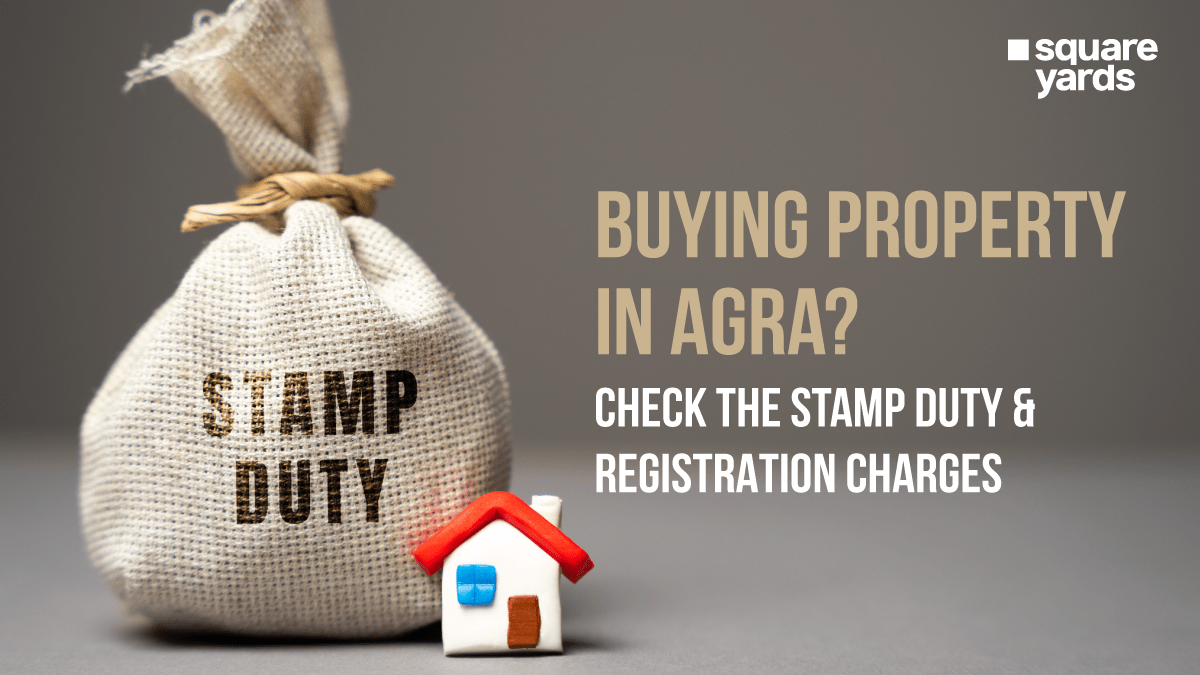This article covers detailed information on some of the important property laws exercised in India. Also, we will discuss the various types of property law along with land law and the rights of the owner on their governed property.
What is property?
In the real estate sector, the property is something which is concerned with land or a structure. It is an immovable object which one may or may not own. Properties in this segment can be divided into four major categories which are:
- Private Property,
- Public Property,
- Common Property, and
- Nobody’s Property.
For a smooth functioning economy, it is vital that the inhabitants carefully follow the measures and regulations passed in terms of these properties without any violation of the legal laws and rights enforced.
Types of Property Law exercised in India
Over the years, there have been many disputes and complications on the rights and laws regarding ownership and lease structures of real estate properties both for commercial and residential units. Therefore, time and again the Government has established and enforced various laws and acts to ensure smooth functioning of the economy. A few of the laws passed in context to real estate properties are listed below.
- The Transfer of Property Act, 1882 – Applicable since 1 July 1882, this act enables one to transfer his or her property to one or more persons.
- Urban Land Ceiling and Regulation Act, 1976 – This act was passed to ensure equal distribution of plots of land in an urban settlement to serve the state or the region.
- Forest Rights Act, 2006 – The passing of this bill on 18 December 2006 ensured safeguarding the interests of the forest dwellers who could live in the forest and cultivate for earning a livelihood and means for living.
- Land Acquisition Act, 2013 –The Indian Parliament regulated this act to provide compensation to property holders who have suffered set back due to unfair means by natural or man-made causes.
- Real Estate Regulation and Development Act, 2016 –This is one of the most effective laws Property Law in India passed by the Parliament to protect and maintain a balance between real estate property buyers and sellers in the country. Under this act, every state has to establish a Real Estate Regulatory Authority (RERA) under which all construction plots and land area are to be registered before buying or selling of properties in it.
How Is RERA Effective?
Based on the passing of the most recent act of the Real Estate Regulation and Development Act of 2016, here are some of the major Real Estate Laws and Regulation encompassing the Act. Every investor or buyer has to abide by it to counteract dispute over land area or possession of any property in the real estate zone.
- Registration with the RERA is necessary for launching all commercial and residential projects undertaken over a land of 500 sq. m.
- Projects that were launched before the commencement of the Act must enrol for registration as well.
- On-going projects launched without registration must apply for registration within three months.
- Registration Applications are approved and rejected within 30 days.
- Successful registration comes with handing over a registration number, login id and password which the applicants need to update on the official RERA website.
Projects that are not registered with the RERA can cost a heavy penalty to investors by extracting 10% of the project cost and an imprisonment sentence for up to three years. The passing of this act has exempted many fraudulent agents and agencies from unlawfully extracting money from the buyers or investors.
What is Land Law?
As the name suggests, this law deals with the rights which one can exercise over a land area. Under this law, a person or an agency could either put land to use or deviate it from serving any purpose to any other being. It is concerned with the buying, renting and selling of real estate properties under legal authorization techniques. Listed below are some of the rights which an owner of land enjoys after buying or possession of a property or land area.
- Ownership rights: Once you have bought a piece of land by following all legal procedures and by making the necessary payments, you are bound to get the legal documents of the land at your hand which has your name in it. It implies that you own the area now.
- Putting up for rent: After getting possession of your land area, you can also put it at rent to earn a surplus from your investment.
- Use it for any commercial or residential purpose: Since you are the owner now, you can easily make use of the land area in whichever way possible or desirable.
- Make an Insurance policy: This will not only protect your land from fraudulent claims but also provide a helping hand in case of disasters or any mismanagement.
- Selling at a better price: You are also free to sell off your piece of land or a part of it at a higher price to earn greater revenue at any circumstances.
FAQs
Q1. What is the full form of RERA?
Ans. RERA stands for Real Estate Regulatory Authority.
Q2. When did RERA come into action?
Ans. RERA came into action with the commencement of the Real Estate Regulation and Development Act of 2016.
Q3. What is the purpose of RERA?
Ans. To safeguard the interests of the buyers and sellers of authorized real estate properties.
Also read : Why RERA will not impact new home prices

































